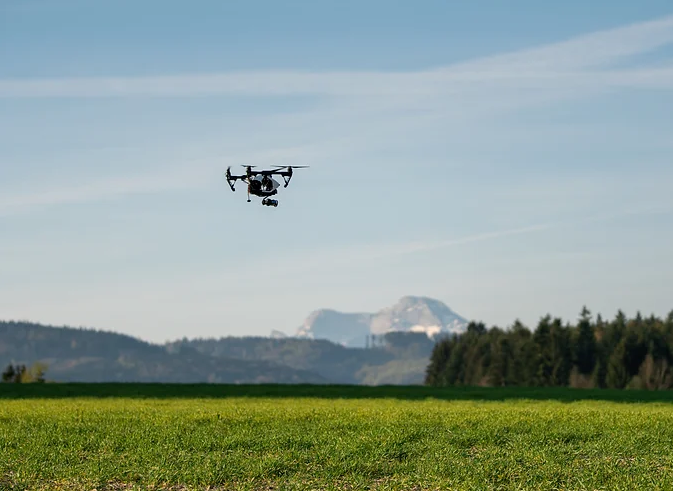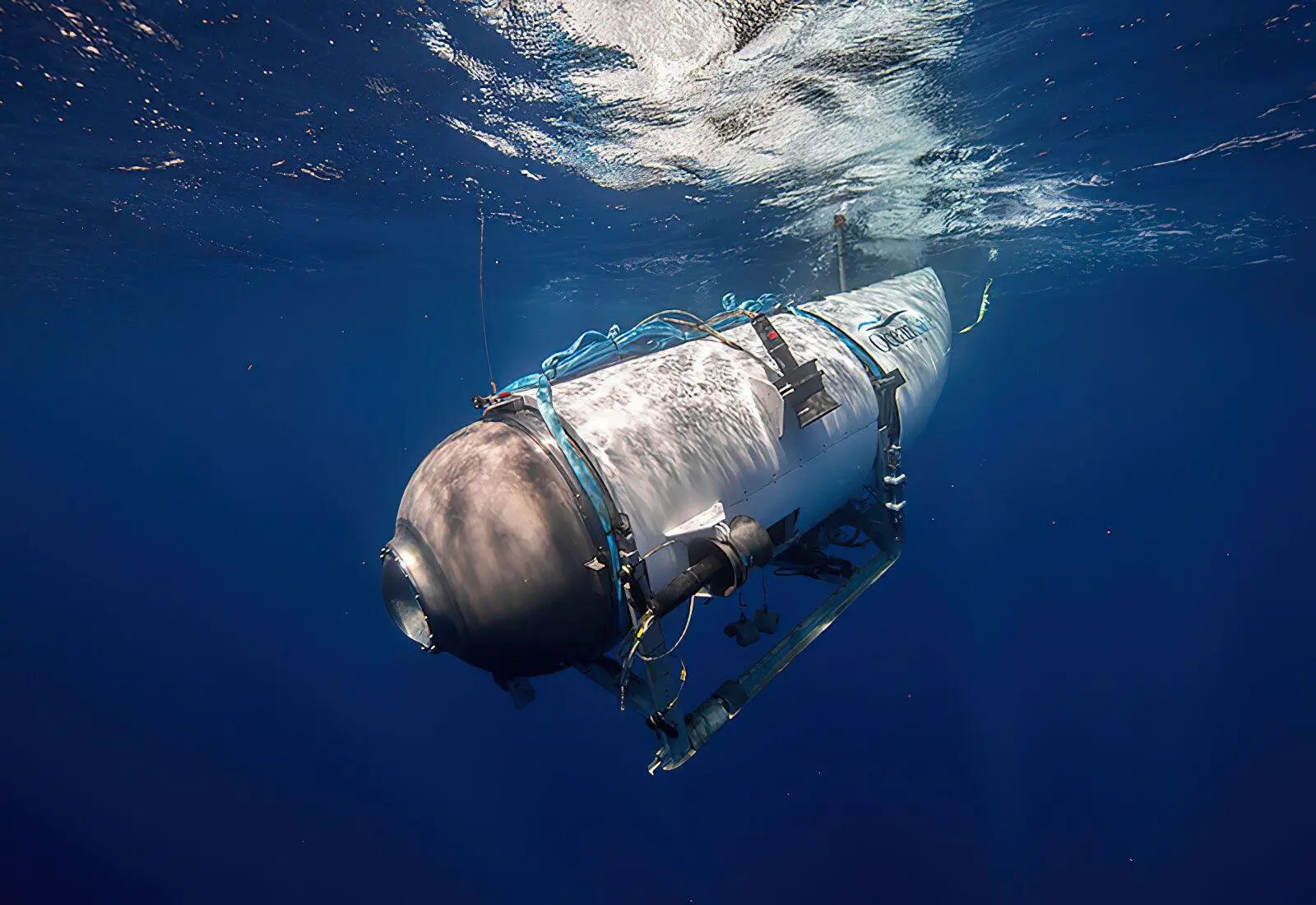Welcome to the world of blockchain and drones AEROGO, the innovative pairing that is revolutionizing data management. Blockchain is the technology behind digital currencies like Bitcoin, which enables secure and transparent transactions. Drones, on the other hand, have been extensively used in fields like agriculture and disaster response management for real-time data collection.
When blockchain and drones come together, they create a powerful synergy that can transform data management. Blockchain brings in accuracy, security, and transparency to data management, while drones enable real-time data collection and management. Together, they enable cost-effective and improved accessibility.
The integration of blockchain and drones in data management is still in its nascent stages. However, the potential benefits of this combination are immense. Stay tuned as we explore the benefits, case studies, and future implications of using blockchain and drones in data management in this blog.
1. Benefits of Using Blockchain and Drones in Data Management
As the world becomes increasingly data-driven, the management and accuracy of data have become of critical importance. It's also come to the point where innovative technologies are being developed to serve these data management purposes. The integration of blockchain and drones has emerged as a promising solution worth exploring.
The Benefits of Using Blockchain and Drones in Data Management are numerous. Some of these benefits are:
1.1 Accuracy in Data Collection and Management:
With the use of drones and blockchain, the accuracy of data collection and management is increased. Drones can cover large areas quickly and have the ability to capture high-quality images and video footage in real time. This contributes to more precise monitoring.
1.2 Security and Transparency:
Blockchain helps to ensure data security and transparency by using a decentralized network that eliminates the need for intermediaries. By using digital signatures, blockchain ensures that the data is tamper-proof and can’t be removed.
1.3 Real-time Data Collection and Management:
Given the unique attributes of drones, the system allows real-time data collection and management. With the integration of blockchain, users can access real-time data at any time, which helps make more agile decisions.
1.4 Cost-effective Data Management:
The integration of blockchain and drones can be cost-effective. The automation possible via integration can significantly reduce the need for manual labor. Also, it eliminates other intermediaries that might charge fees.
1.5 Improved Accessibility:
Drone and blockchain integration can improve data accessibility by ensuring data is easily interchangeable and accessible by all concerned parties. This helps to ensure that everyone can access the data they need, when they need it.
As we consider the benefits of using blockchain and drones in data management, it’s worth noting that these technologies can contribute to increased efficiency, reduced costs, and better decision-making. It’s also clear that there are several significant benefits to utilizing drones and blockchain in data management.
2. Case Studies on the Integration of Blockchain and Drones for Data Management
Blockchain and drones come together in an impressive way, particularly when it comes to data management. So far, we have looked at the different applications of blockchain and drones and the benefits of integrating the two for data management. It is now time to take a closer look at some notable case studies that have used blockchain and drones.
2.1 Disaster Response Management:
In times of disasters such as earthquakes, floods or hurricanes, drones come in handy in assessing the damages caused. The use of blockchain can create a tamper-proof system with transparent data collection and management. This ensures that all parties involved have access to accurate data whenever needed.
2.2 Agricultural Management:
Drones with integrated blockchains could revolutionize the way crops are monitored and analyzed. With blockchain, data collected from agricultural drones could be used to create a decentralized database that records information about the quality of crops and soil. This information could be useful in predicting crop yields and preventing losses.
2.3 Logistics Management:
Drones have become increasingly popular in logistics management, where they are used for delivery purposes. With blockchain, drones for package delivery can create a tamper-proof system. This system can be used to track and authenticate the packages which results in ensuring proper documentation and transparency of the entire process of package delivery.
2.4 Surveillance Management:
Integrated blockchain and drones could enhance the security of surveillance management. For instance, the Shanghai police used both technologies in fingerprint collection and facial recognition. With the use of drones in these situations, data can be collected in real-time, preventing crime and tracking down suspects.
To conclude, using blockchain and drones in data management comes with numerous benefits. From accuracy to real-time data, cost-effective management, and improved accessibility, it is clear that this integration is essential for data management. Although challenges remain, such as the need for regulatory frameworks, the future of this technology is promising.
3. Current Status and Future of Blockchain and Drones in Data Management
As technology continues to evolve, the intersection of blockchain and drones in data management continues to pave the way for a safer, more efficient world. Let's delve into the current status and future possibilities of this promising combination.
3.1 Current Trends in Blockchain and Drones for Data Management:
One of the most significant benefits of integrating blockchain and drones in data management is the ability to achieve high-speed data processing and analysis in real time. Currently, drones equipped with specialized sensors for data acquisition are being used in fields such as agriculture, logistics, and surveillance management. Through their sensors, they are capable of collecting, processing, and transmitting data that would otherwise take longer with conventional data collection methods.
3.2 Future Implications and Possibilities:
The future of blockchain and drones in data management is highly promising. The current trends indicate that drones will not only collect data but will also be able to automatically store and analyze it using blockchain technology. This will provide a more efficient and secure way of storing information as it will be tamper-proof and hacker-resistant. Through drones and blockchain, businesses may be able to fully automate their data collection and analysis processes, bringing improved efficiency and productivity in their operations.
3.3 Possible Challenges and Future Developments:
As with any form of technology, integrating blockchain and drones in data management has its possible challenges. Some of these include the need for proper regulation and legislation, technical difficulties, and the high expense of implementing such technologies. Therefore, these challenges have to be addressed proactively to ensure that the benefits of this integration can be realized fully.
In the future, we may see the development of comprehensive blockchain and drone management systems that cater to different industries and issues. This will enable faster and more effective decision-making, leading to better outcomes for different industries.
Conclusion
In conclusion, the integration of blockchain and drones in data management has several benefits. It provides accuracy in data collection and management, ensures security and transparency, enables real-time data collection and management, is cost-effective, and improves accessibility. The use of blockchain and drones in industries such as disaster response management, agricultural management, logistics management, and surveillance management has been successful. Future implications for the technology could lead to even more advancements in data management. The potential challenges may be overcome by continued developments in blockchain and drone technology. The intersection of blockchain and drones in data management is poised to revolutionize the way data is managed and utilized.
The current trends have shown that the possibilities are limitless, but this also calls for proactive measures to mitigate any challenges that may arise. Therefore, we can expect a future where blockchain and drones play increasingly prominent roles in data management across various sectors.















Comentarios